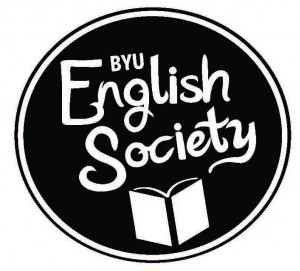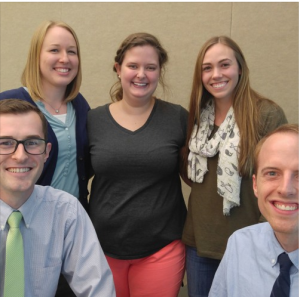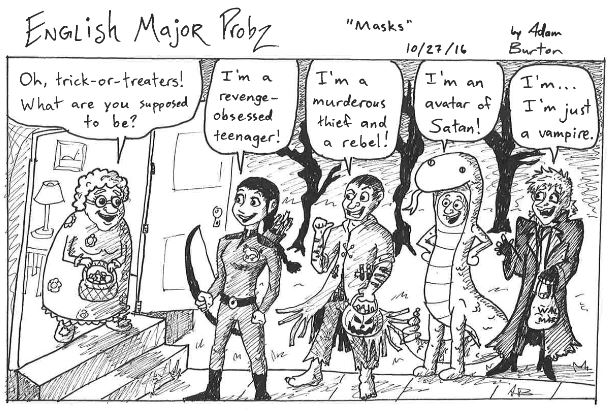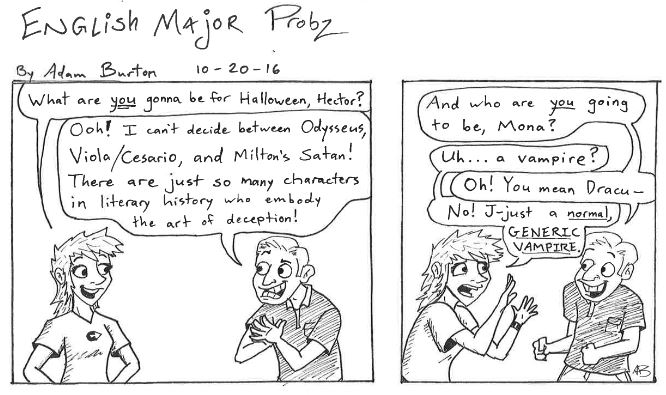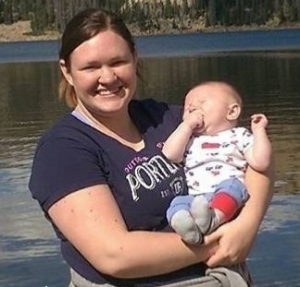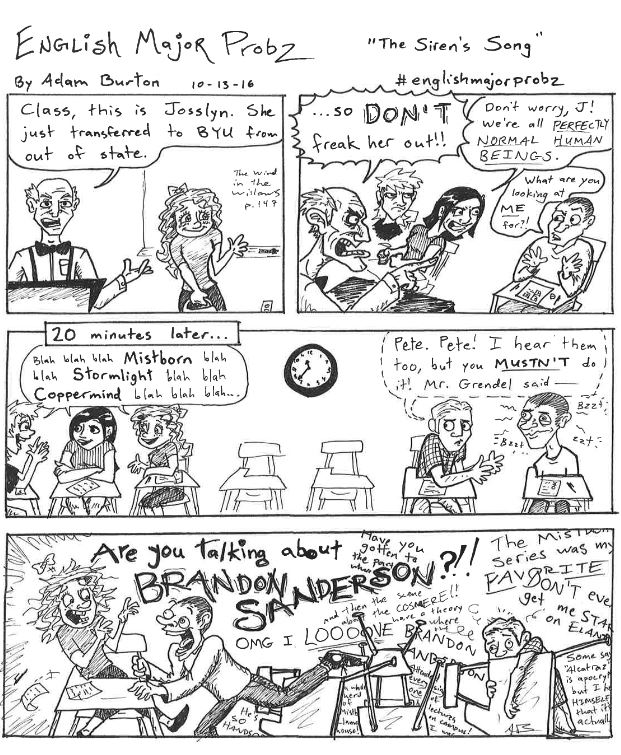Ahh we’re back! I’m sure by now you are all well on your ways to becoming the next Stephen Kings and J. K. Rowlings, but in case you could still use a little nudge, welcome to part two! Jumping right in…

#5 Make time to read in your genre.
Last week we talked about things that will help you hone your craft and write more often. But the life of a Creative Writer is also filled with reading. If you are studying in college, most of the required books will be classics.
There are two types of classics: the type you read for class, and the type you read to show off and sound smart. Yes I’m talking to you, person who claims to enjoy reading To the Lighthouse. Now sure, I love a Keatsian sonnet as much as the next fellow, but I’ve got to be honest; Faulkner, Joyce, Eliot, and Austen put me to sleep faster than a high-councilman’s Sunday sermon. Unfortunately, you probably need to get used to reading this stuff if you want to be an English major. Don’t get me wrong, it’s important to be educated, and reading the classics can help your writing, but don’t forget to read what’s hot in your genre as well. Do yourself a favor and pick up the latest bestseller every once in a while. It will keep you up to date, and give you something to read that you can actually enjoy before SparkNotes-ing it.
#6 Don’t get discouraged.

Perhaps you’ve been reading Middlemarch or Ulysses and think to yourself: “Wow, how can I ever write something like that?!” (In my opinion, why would you ever want to write something like that? Please, do us all a favor). Regardless, I understand the weight and pressure of literature. We have been taught early on that there is a distinction between the cannon and the common. Who are we to even try to compete? Well frankly, yeah you’re right. Our first books will probably be worth less than the worthless paper they are printed on, but never underestimate the power of practice! All of these famous authors from Whitman to Rowling and Shakespeare to Shelley had to start somewhere. And so do we. Don’t view crumpled balls of paper as failures, but as foundational practices of budding creativity.
#7 Do things that will help you get a job.

Recently Forbes listed Creative Writing as one of the top 17 most unemployed majors. Don’t panic, don’t panic… and get used to eating Top-Ramen. Anyway, that is why it’s critical to start networking now. Try to apply for an internship that has a media or editing position open, ideally at a publishing company or such. You could also try to get a part time job with a news group or online magazines. Even though some of these you might have to work without pay, just remember a little proactivity and networking now can mean the difference between having a job or not when you graduate. Also, don’t end your ambitions with the local opportunities, there are also study-abroads and internships overseas that you could apply for. The Wordsworth Trust is one example.
#8 Remember, you have an amazing major.
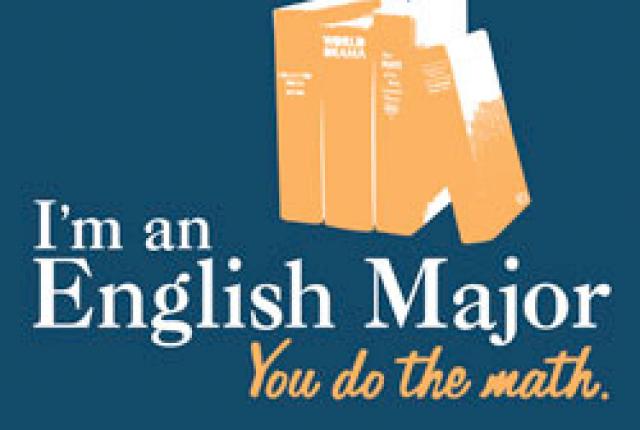
As Percy Bysshe Shelley once penned: “poets are the unacknowledged legislators of the world.” How cool is that. From film to fantasy and science fiction, writing and writers aren’t going anywhere. Sure it might be more difficult now than ever, but there are also more opportunities than ever. When you start to lose sight of that vision, pick up one of your favorite books and imagine what would happen if that author had given up before he finished. Yes, the road we are called to walk is filled with unseen abysses, dead ends, and drop-offs, but as Thomas Paine wrote: “the harder the conflict, the more glorious the triumph.” Keep writing friends and the world will eventually sing with the words you wrote.
That concludes my survival tips, but join me next time when I’ll talk about all my favorite things in writing!
–Paul Guajardo

